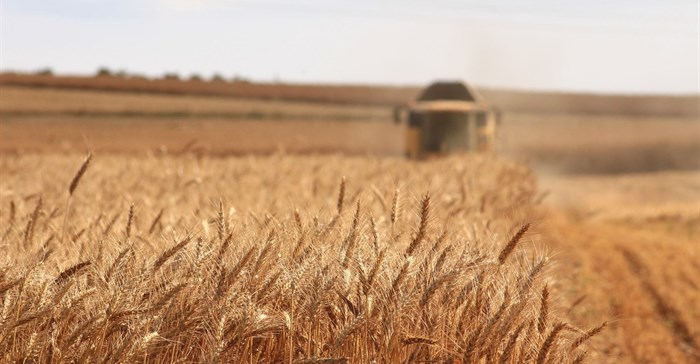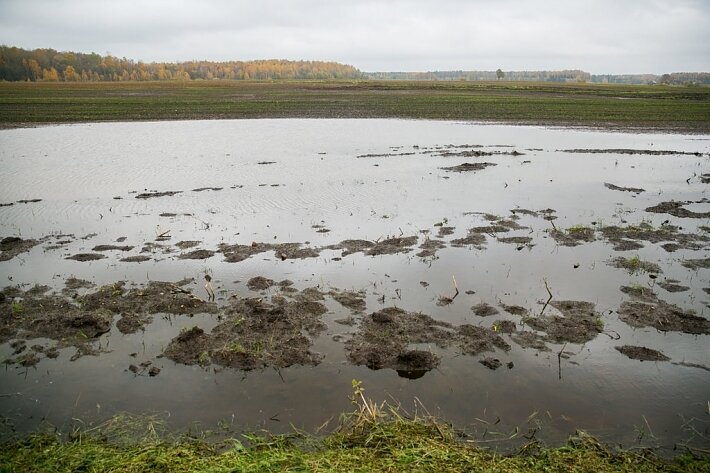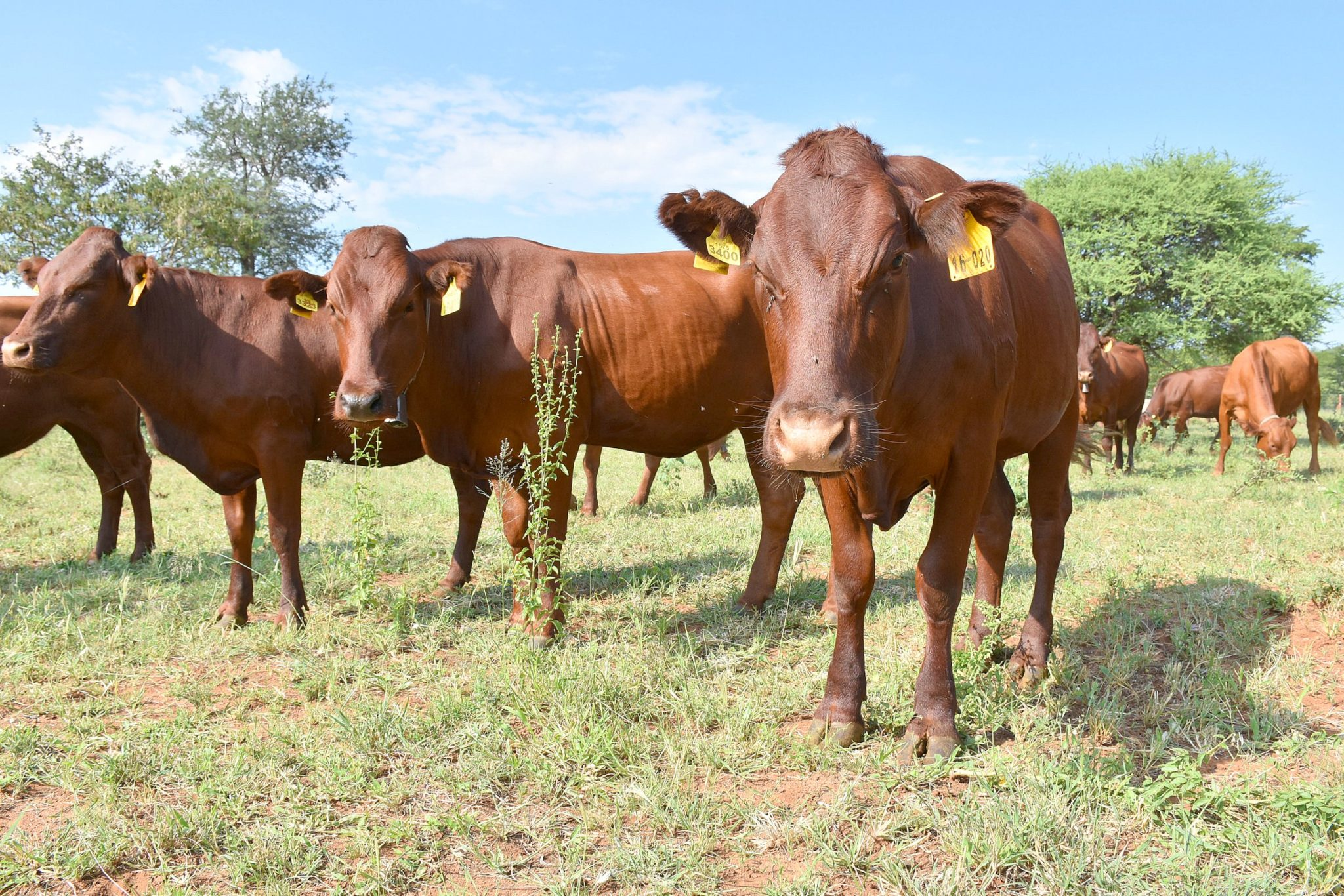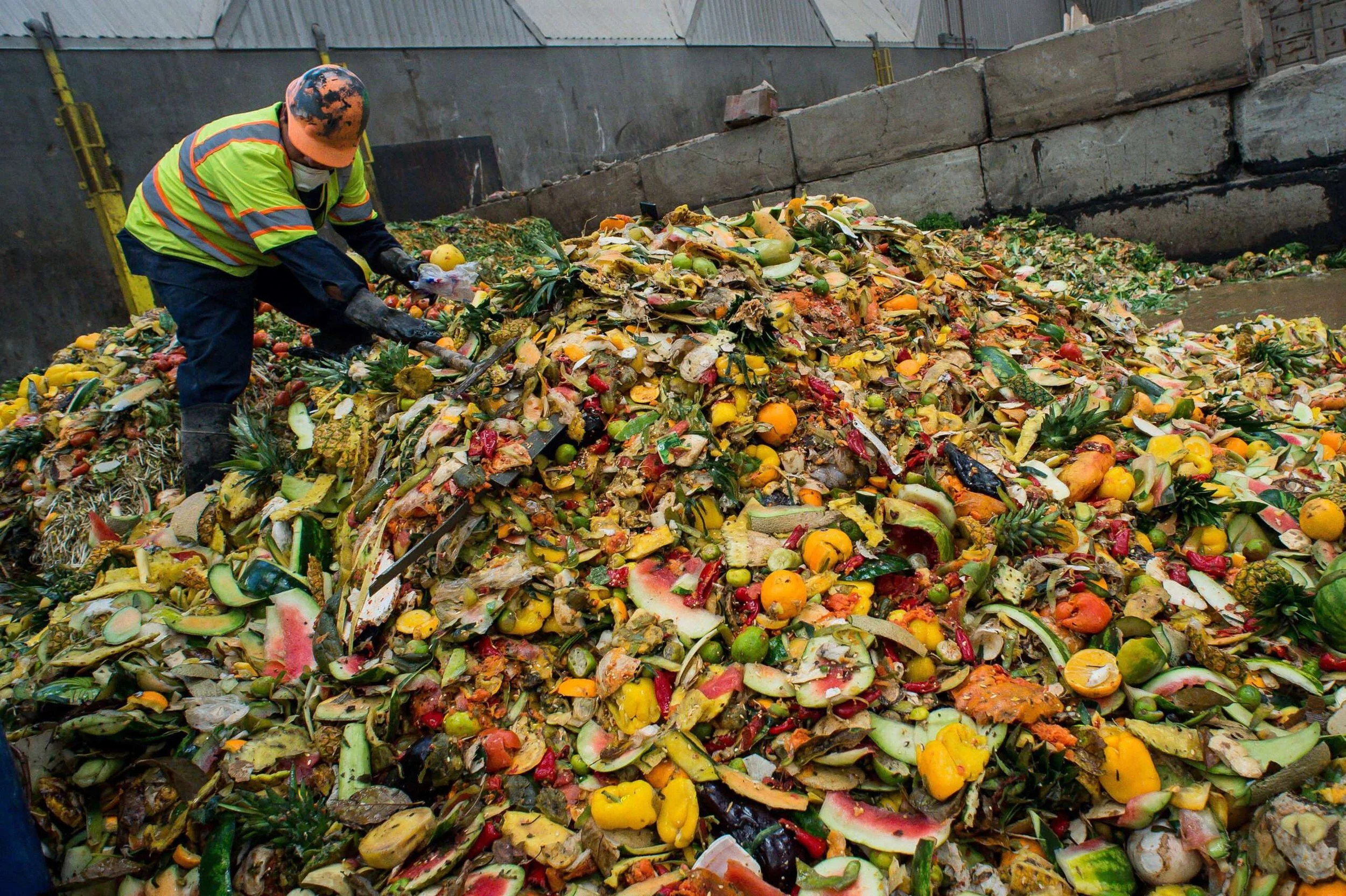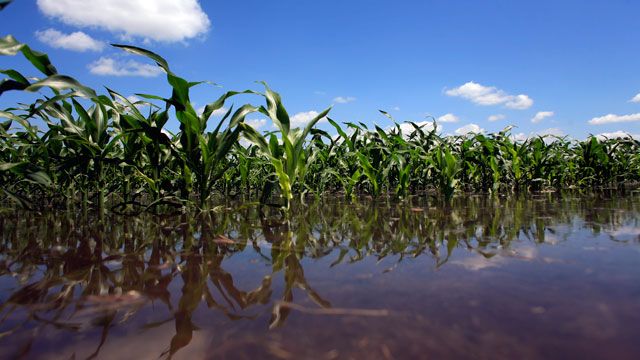USA - State farmers' flood loss said to hit $46.4M
12.09.2016 198 views
Steady rain in August caused about $46.4 million in damage to Arkansas row crops, the University of Arkansas System's Division of Agriculture said Friday.
Rice was hardest hit, with $18.6 million in losses. Damage to cotton was estimated at $11.5 million; soybeans, $10.7 million; and grain sorghum, $5.6 million.
The flooding came at a time of low commodity prices and falling incomes for farmers, said farmer Jerry Morgan Jr.
Morgan worked 4,400 acres in Lawrence County until two weeks of rain in August and an overflowing Black River and its tributaries took away 3,100 of them.
Vast expanses of farmland in northeast Arkansas went under water twice this year -- at planting time this spring and at the start of harvest in August, Morgan said. Farmers replanted what was destroyed in May and thought they had recovered, he said.
"But there's no way to recover from this loss," Morgan, 58, said. "A lot of farmers won't make it."
Of his 4,400 acres, "I'll be able to run a combine through about 1,300 of them," he said. "The rest of them are pretty much gone."
Farmers who receive payments through crop insurance will be lucky if the check is enough to cover production costs, he said. "There'll be no money to live on, nothing for the house payment, nothing to pay the rent, nothing to pay the bank," Morgan said. "It's very stressful and very disheartening."
The estimates likely are conservative and don't include damage to specialty crops and vegetable and fruit farms, said the report's authors, Eric Wailes, a UA professor in economics and agribusiness, and Brad Watkins, a professor and economist with the UA System's research and extension service.
A complete tally won't be known until farmers complete the harvest late this fall.
Wailes and Watkins compiled the damage estimates by working with extension service specialists across the state and comparing forecasts of crop production by the U.S. Department of Agriculture with the USDA's weekly crop progress and condition reports.
A lot of the crops were in or near harvest stage when the rain started falling, and kept falling, dampening what had been a good growing season for most farmers across the state.
"It absolutely seemed like a very good growing season, maybe not record-breaking, but still a very good year," Jarrod Hardke, an extension service rice specialist said Friday.
Just 2 percent of the state's 1.5 million acres of rice had been harvested when the rain began, Hardke said. Arkansas is the nation's largest rice producer.
Ultimately, 40,000 acres of rice were damaged -- mostly in just three counties: Randolph, at 15,000 acres; Craighead, at 10,000 acres, and Lawrence at 8,000 acres. Northeast Arkansas received 12 inches of rain in August, some 7 inches more than normal.
About 20,000 of those acres are a total loss because of flooding, Hardke said.
"Grain that is submerged is considered to be adulterated and cannot enter the food chain," Hardke said. "You can consider it a 100 percent loss for those acres." Some of that grain could be harvested and segregated for nonhuman consumption, but it would bring much lower prices, Hardke said.
Soybean farmers were optimistic about their crops -- until the August rains, said Jeremy Ross, an extension service specialist in soybeans, said.
A little more than 3 million acres of soybeans were planted in Arkansas this year. Of the $10.7 million in statewide soybean losses, farmers in Lawrence and Randolph counties, again, sustained the most damage.
"Many of these fields will have significant yield loss ranging from 50 to 100 percent," Ross wrote in his assessment.
Arkansas farmers planted 370,000 acres of cotton this year, up from 210,000 acres the year before, and most of them didn't see flooding, according to the UA System report. Cotton wasn't near harvest time, and the closed bolls stayed on their stalks.
"There are still reasons to be optimistic about this crop," cotton specialist Bill Robertson wrote.
Cotton planted early in the growing season -- late March and early April -- sustained the most damage, Robertson said, but early-planted cotton makes up only 1 percent of the state's total cotton crop. Most of the cotton damage was from diseases brought on by wet and cloudy conditions.
The UA System experts said corn losses outside Lawrence and Randolph counties appeared to be minor. Farmers this year planted 750,000 acres of corn.
The quality of grain is acceptable, Jason Kelley, an extension service grain specialist, said in his assessment.
Grain sorghum was planted on 40,000 acres this year and, at $3.50 a bushel, had a value of $14 million. The steady rain, however, caused the grain to sprout, likely lowering the per-bushel price to about $1.75 on 80 percent of those acres, Kelley said. A year ago, Arkansas farmers planted 450,000 acres of grain sorghum, but they dropped the acreage this year because of lower demand from the crop's biggest importer, China.
Damage to peanuts -- a small but growing crop in the state -- was minor because they're primarily grown on well-drained soils in Mississippi County, said Travis Faske, an extension service plant pathologist. Arkansas farmers planted 20,000 acres of peanuts this year, a record.
While the UA System report didn't put out an estimate for specialty crops, it said one producer lost 500 acres of cantaloupes with a market value of $1.5 million. "Other small farmers with cooperative contracts with grocery stores that market local produce had significant or complete losses and could not deliver on contracts," the report said.
Morgan, the Lawrence County farmer, has worked hard at bringing the plight of farmers in northeast Arkansas to the attention of elected officials. "We need help beyond low-interest loans," he said. Farmers filled the Lynn community center one night about 10 days ago to talk about the challenges they face.
"We've been farming here our whole life and never before have we seen this kind of flooding," Morgan said. In 2013, the Black River hit flood stage, at 19 feet but stopped rising. This year, it crested at 23 feet. "You'd have to go back to 1915 to see what the Black River was like this year," he said.
Morgan recalled that the rain began Friday, Aug. 12, and continued nonstop into the evening of Aug. 14, when he went to church. He found his brother in a pew. "I told him, 'We've got to get into the fields,"' Morgan said.
They retrieved several irrigation pumps from their farms along the swollen and churning Black River near Powhatan. "The first water we hit was a foot deep -- and that was from rainwater that was dumped in just two days," he said. "That alone would have been a lot of damage, but then we had five straight days of floods. We worked all night in the rain, the flood and the mud to save what equipment we could."
Wailes, one of the two authors of the crop-loss report, said statewide damage this year likely won't approach the $400 million in crop damage caused by heavy rains in late 2009.
"That came in the middle of the harvest, and everybody was deluged," he said. "This time it was at the very beginning of rice. We weren't even into beans and cotton. So it's not that bad statewide, but on a level of farm to farm, it's absolutely bad. Some have absolutely been wiped out."
Source - http://www.arkansasonline.com



